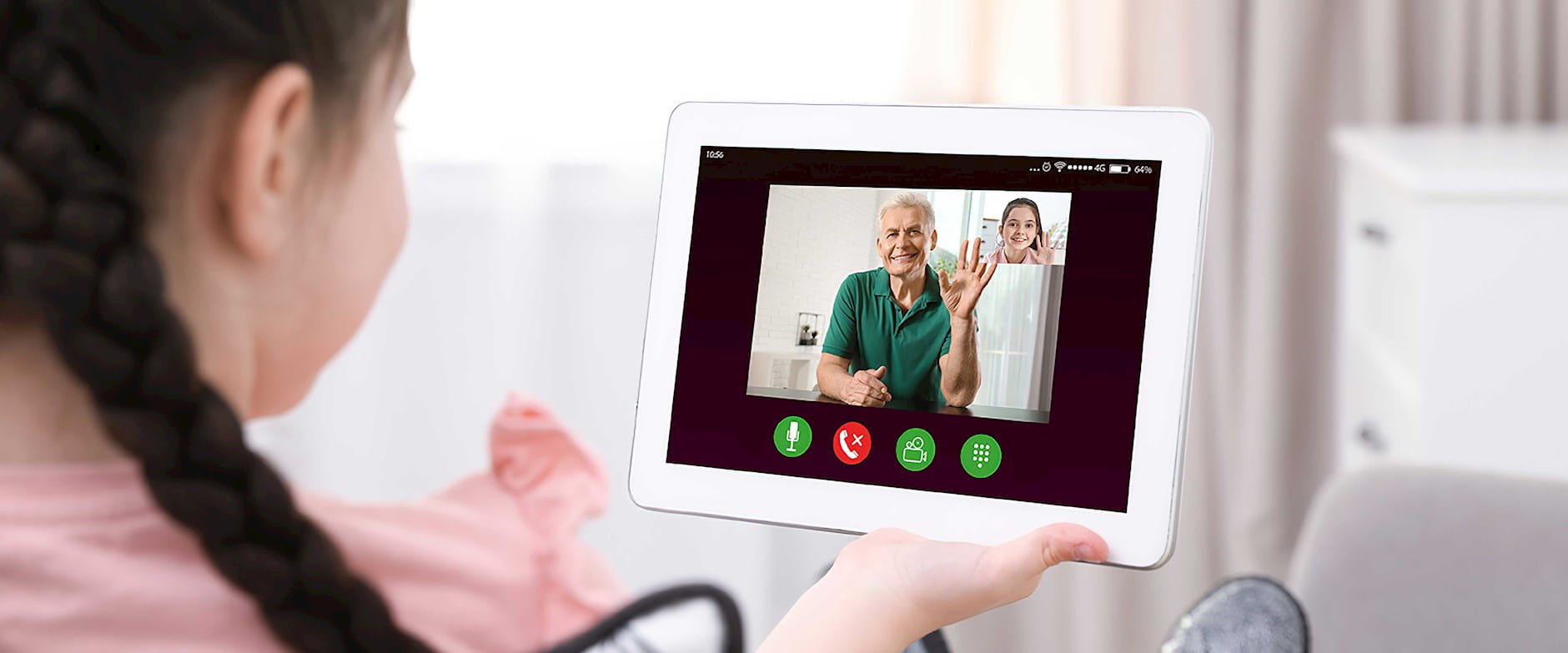We’re all experiencing the enormity of this situation in different ways. There are physical health concerns, there are economic health concerns, but there are also social health concerns. And in fact, I would say that’s likely to be affecting us more broadly than almost anything else.
Nearly everyone is in some social isolation or social distancing mode right now, and it’s important to understand what that actually is. It’s not actually social distancing that we’re being asked to do. We’re asked to be doing physical distancing. Nevertheless, that physical distancing can keep us from others, and that’s the main concern that psychologists have in this situation, or the main thing that we can at least focus on and address.
And my message from our research at this time is that you have more power to do good on this dimension than you think. One of the real pains of this epidemic, this pandemic, is a feeling of helplessness that affects us all. But at least on this social front, you have a lot of power. You have a lot of power to reach out and do good for others just by trying to connect with them.
In our research we find time and time and time again that people underestimate how positively others respond when you reach out to them, and this includes not just friends and family, people you’re somewhat close to, but this is especially true of people you’re a little more disconnected from: old acquaintances, people you haven’t talked to in a while, neighbors, people you might walk by six or more feet away down the road. Those folks who are a little distant from us, when you reach out to them in positive ways, it has a much more positive impact on them than people tend to predict or expect.
People tend to enjoy conversations with others more than they predict mostly because they underestimate how interested others are in engaging with them. We underestimate how positively others respond to our efforts to reach out positively to other people. We underestimate how positive our expressions of gratitude will feel to those we’re expressing gratitude to. We underestimate how positively others will respond to compliments. We underestimate how positively other people respond when we reach out and express support to them.
Now is a time where we need social connection more than, arguably, at any other time, and you can help with that. You can reach out and connect to others, and others are going to be more receptive than you might guess. And I think there’s real power in knowing that.
I received two emails earlier this week that I thought were telling, the way they described this. One came from my dad, and one came from my colleague Ed O’Brien, one of our faculty at Booth. And my dad was telling me a story about how he was trying to reach out and connect with this person in a nursing home that he stays regularly connected to, provides some care for. And this care recipient wasn’t feeling so great about only being able to talk to Dad on the phone, but wanting to meet with him in person, and that wasn’t really possible at this time of social distancing.
But what Dad decided to do was to nevertheless tell him, I’m going to come over. But they sat in this person’s driveway, socially distanced from each other—of course your voice carries more than six feet, so they sat about 12 feet apart and were able to talk. And my dad used a great description of this: he said, “It was like Christmas had come” in describing how happy they both felt at this gift, this gift of being able to connect with each other.
Ed O’Brien, my colleague here at Booth, one of our associate professors, emailed me the other day, just a couple days ago, saying that he had somebody come over to deal with an issue they were having in their apartment. Somebody was providing a service for them, and they let this person into their apartment. They kept distance from each other, but they got a chance to talk to each other, to just connect a little bit from across the room. And he too said, “It was like Christmas came to both parties early.”
And I thought that language was telling. What is Christmas, at least in the Judeo-Christian tradition, like? It’s a time where we get gifts from each other that make us feel great, and I don’t think that language was an accident. Right now you have an opportunity to give a gift to somebody else, I think, by reaching out just positively and doing something pro-social that can make them feel good.
Brad Pitt was interviewed by the New York Times not long ago, and he said that he has come to realize that he has an opportunity to brighten someone’s day, and he described that as a rare gift. It’s not a rare gift at all. It’s not a rare gift. We all have that opportunity to brighten someone’s day, or in my dad and Ed’s words, to make this moment feel a little bit like Christmas, and I think that time is especially likely now, where we have a surprising amount of power to brighten someone’s day, to make it feel a little bit like Christmas, to play Santa Claus a little bit by reaching out and connecting to others in positive ways, as long as we choose to use that power that we have.
